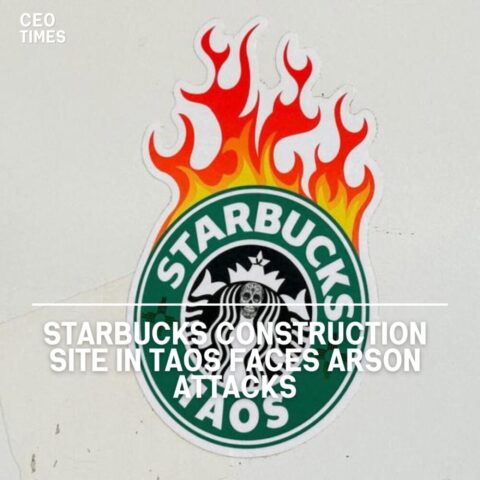Frontdesk, a once-prominent startup managing over 1,000 furnished apartments across the United States, recently underwent a significant setback.
The company, based in Milwaukee, Wisconsin, made headlines as it laid off its 200-person workforce on Tuesday.
This abrupt move followed unsuccessful attempts to secure additional capital, revealing Frontdesk’s challenges behind the scenes.
Acquisition and Downfall:
The upheaval comes seven months after Frontdesk acquired its smaller rival, Zencity. The acquisition aimed to bolster Frontdesk’s position in the market, but the integration may not have yielded the anticipated benefits.
The mass layoff, affecting full-time, part-time workers and contractors, unfolded during a brief “two-minute Google Meet call.”
Employees, caught off guard, heard CEO Jesse DePinto deliver the news and reveal the company’s decision to file for a state receivership—a bankruptcy alternative.
Silent Frontdesk:
Frontdesk has maintained a conspicuous silence in response to inquiries about the sudden workforce reduction.
The company’s website reflects a somber tone, with a recorded message advising those with reservations to seek alternative accommodations, further fueling speculation about the extent of Frontdesk’s financial turmoil.
Failed Capital Endeavors:
Despite having raised approximately $26 million from notable investors such as JetBlue Ventures, Veritas Investments, and Sand Hill Angels, Frontdesk found itself in dire straits.
The startup’s attempt at a bridge round, with a revised strategy focusing on full building management, failed to sway investors, leading to its inability to sustain its operations.
Optimism Amidst Crisis:
Interestingly, just two months before the layoffs, Frontdesk exhibited optimism by posting job openings on LinkedIn, including a chief of staff role.
This paradox raises questions about the startup’s awareness of its financial predicament and its confidence in securing additional funding.
Challenges in the Business Model:
Frontdesk’s business model centered around leasing apartments at market rental rates and furnishing them for short-term rentals in over 30 markets, faced inherent challenges.
Sources attribute the struggle to upfront costs, associated capital expenditures, and demand and rental rate fluctuations.
Others in the same space, including Stay Alfred, Domio, Lyric, Zeus Living, The Guild, and WanderJaunt, have encountered similar hurdles.




















